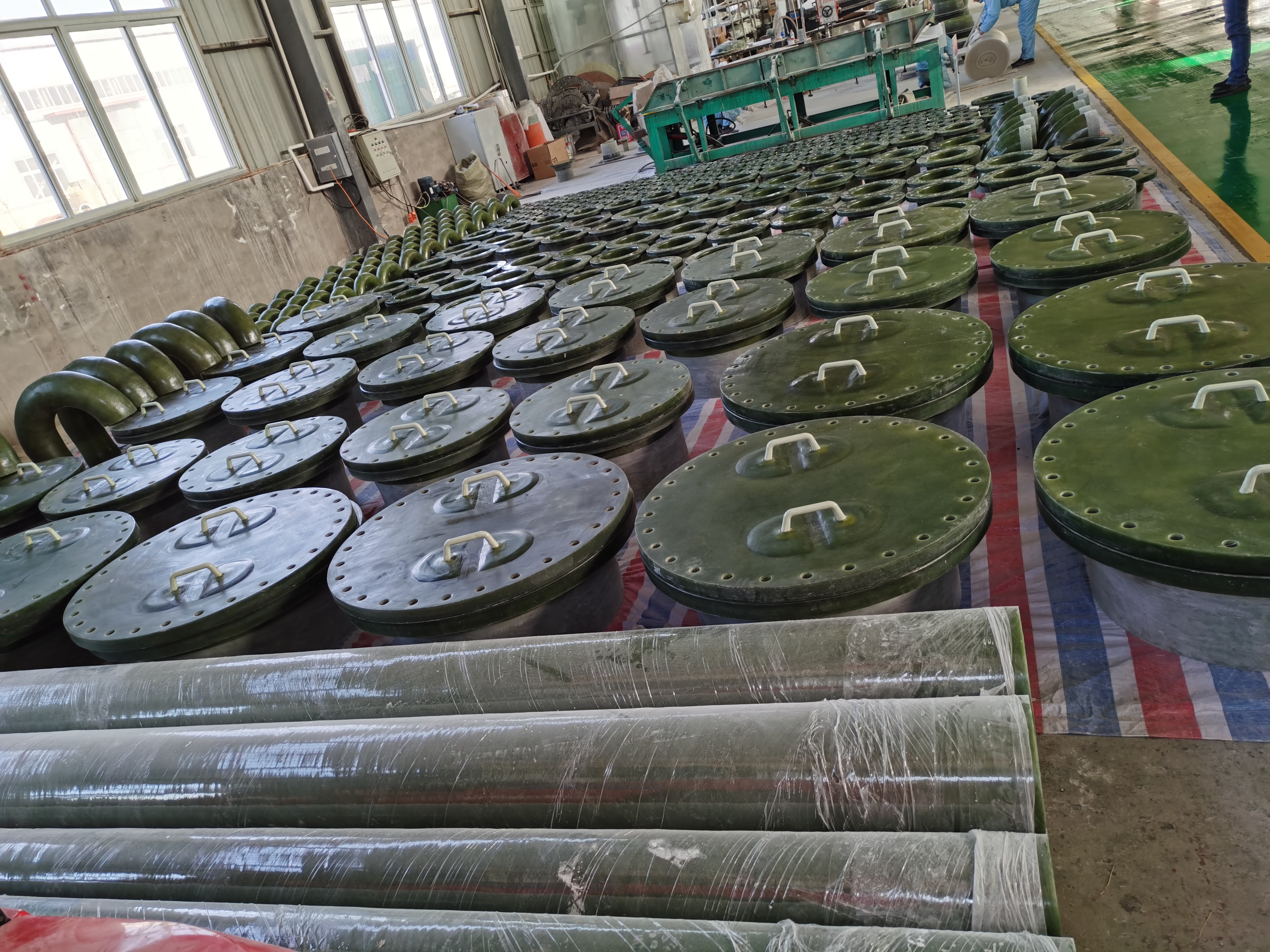
-
 Afrikaans
Afrikaans -
 Albanian
Albanian -
 Amharic
Amharic -
 Arabic
Arabic -
 Armenian
Armenian -
 Azerbaijani
Azerbaijani -
 Basque
Basque -
 Belarusian
Belarusian -
 Bengali
Bengali -
 Bosnian
Bosnian -
 Bulgarian
Bulgarian -
 Catalan
Catalan -
 Cebuano
Cebuano -
 China
China -
 China (Taiwan)
China (Taiwan) -
 Corsican
Corsican -
 Croatian
Croatian -
 Czech
Czech -
 Danish
Danish -
 Dutch
Dutch -
 English
English -
 Esperanto
Esperanto -
 Estonian
Estonian -
 Finnish
Finnish -
 French
French -
 Frisian
Frisian -
 Galician
Galician -
 Georgian
Georgian -
 German
German -
 Greek
Greek -
 Gujarati
Gujarati -
 Haitian Creole
Haitian Creole -
 hausa
hausa -
 hawaiian
hawaiian -
 Hebrew
Hebrew -
 Hindi
Hindi -
 Miao
Miao -
 Hungarian
Hungarian -
 Icelandic
Icelandic -
 igbo
igbo -
 Indonesian
Indonesian -
 irish
irish -
 Italian
Italian -
 Japanese
Japanese -
 Javanese
Javanese -
 Kannada
Kannada -
 kazakh
kazakh -
 Khmer
Khmer -
 Rwandese
Rwandese -
 Korean
Korean -
 Kurdish
Kurdish -
 Kyrgyz
Kyrgyz -
 Lao
Lao -
 Latin
Latin -
 Latvian
Latvian -
 Lithuanian
Lithuanian -
 Luxembourgish
Luxembourgish -
 Macedonian
Macedonian -
 Malgashi
Malgashi -
 Malay
Malay -
 Malayalam
Malayalam -
 Maltese
Maltese -
 Maori
Maori -
 Marathi
Marathi -
 Mongolian
Mongolian -
 Myanmar
Myanmar -
 Nepali
Nepali -
 Norwegian
Norwegian -
 Norwegian
Norwegian -
 Occitan
Occitan -
 Pashto
Pashto -
 Persian
Persian -
 Polish
Polish -
 Portuguese
Portuguese -
 Punjabi
Punjabi -
 Romanian
Romanian -
 Russian
Russian -
 Samoan
Samoan -
 Scottish Gaelic
Scottish Gaelic -
 Serbian
Serbian -
 Sesotho
Sesotho -
 Shona
Shona -
 Sindhi
Sindhi -
 Sinhala
Sinhala -
 Slovak
Slovak -
 Slovenian
Slovenian -
 Somali
Somali -
 Spanish
Spanish -
 Sundanese
Sundanese -
 Swahili
Swahili -
 Swedish
Swedish -
 Tagalog
Tagalog -
 Tajik
Tajik -
 Tamil
Tamil -
 Tatar
Tatar -
 Telugu
Telugu -
 Thai
Thai -
 Turkish
Turkish -
 Turkmen
Turkmen -
 Ukrainian
Ukrainian -
 Urdu
Urdu -
 Uighur
Uighur -
 Uzbek
Uzbek -
 Vietnamese
Vietnamese -
 Welsh
Welsh -
 Bantu
Bantu -
 Yiddish
Yiddish -
 Yoruba
Yoruba -
 Zulu
Zulu
Jan . 14, 2025 09:51
Back to list
fiberglass flange
Fiberglass flanges have emerged as a crucial component in various industrial applications, owing to their robust characteristics and versatility. These flanges are typically used to join sections of pipes, valves, pumps, and other integral parts of a piping system, providing a reliable seal while maintaining the structural integrity of the overall assembly. Recognized for their exceptional corrosion resistance, fiberglass flanges are preferable in environments where traditional metal flanges may deteriorate or fail.
Despite their many advantages, the successful deployment of fiberglass flanges requires a precise understanding of their application limits and installation requirements. Experts emphasize the importance of adhering to manufacturer guidelines for torquing and gasket selection to ensure a leak-proof connection. Regular maintenance and inspections are also recommended to monitor the condition of the flanges, especially in high-stress environments, to prevent premature failure. The credibility of fiberglass flanges as high-performance components is further backed by extensive research and development in composite material science. Research institutions and manufacturers are continually seeking ways to enhance the material properties of fiberglass, fostering innovation that translates into improved performance and reliability in industrial applications. For companies contemplating the integration of fiberglass flanges into their systems, it's crucial to partner with reputable manufacturers who possess a proven track record of delivering quality products. These manufacturers not only supply high-grade fiberglass flanges but also offer comprehensive support, from initial product selection to after-sales service, reinforcing the trustworthiness of their offerings. In conclusion, fiberglass flanges offer an unmatched combination of durability, cost-effectiveness, and versatility, making them indispensable in modern industrial operations. By selecting the right flange type and adhering to best practices in installation and maintenance, industries can leverage fiberglass flanges to enhance performance and ensure operational reliability, ultimately safeguarding their investments in infrastructure and resources.


Despite their many advantages, the successful deployment of fiberglass flanges requires a precise understanding of their application limits and installation requirements. Experts emphasize the importance of adhering to manufacturer guidelines for torquing and gasket selection to ensure a leak-proof connection. Regular maintenance and inspections are also recommended to monitor the condition of the flanges, especially in high-stress environments, to prevent premature failure. The credibility of fiberglass flanges as high-performance components is further backed by extensive research and development in composite material science. Research institutions and manufacturers are continually seeking ways to enhance the material properties of fiberglass, fostering innovation that translates into improved performance and reliability in industrial applications. For companies contemplating the integration of fiberglass flanges into their systems, it's crucial to partner with reputable manufacturers who possess a proven track record of delivering quality products. These manufacturers not only supply high-grade fiberglass flanges but also offer comprehensive support, from initial product selection to after-sales service, reinforcing the trustworthiness of their offerings. In conclusion, fiberglass flanges offer an unmatched combination of durability, cost-effectiveness, and versatility, making them indispensable in modern industrial operations. By selecting the right flange type and adhering to best practices in installation and maintenance, industries can leverage fiberglass flanges to enhance performance and ensure operational reliability, ultimately safeguarding their investments in infrastructure and resources.
Next:
Related Products









